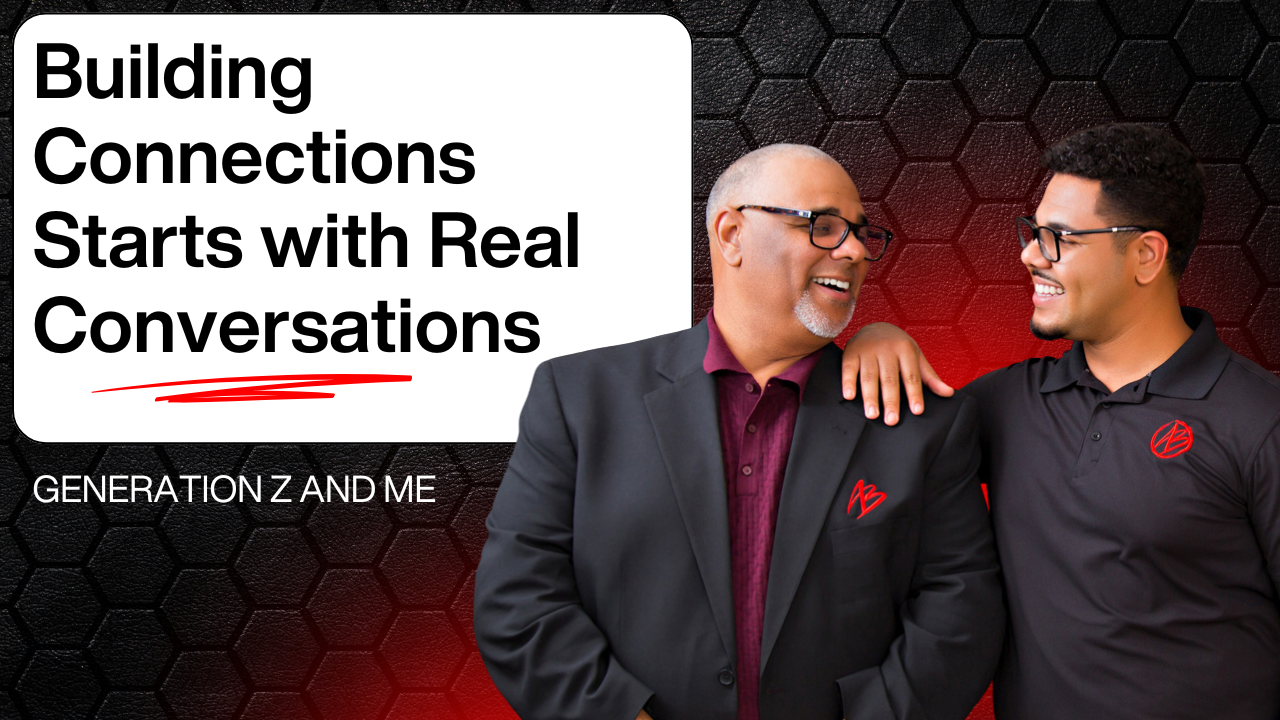
Building Open Dialogue with Your Teen Son
Nov 02, 2025If you’ve ever found yourself unsure how to get your teenage son to open up—or wondered whether he even wants to talk at all—you’re not alone. Parenting a teen is a different ballgame than when they were little. As fathers, it’s easy to think we need to have all the answers. But more than answers, what our sons really need us being present, open, and willing to talk (and listen).
Whether you grew up in a house full of silence or one full of shouting, chances are no one taught you how to build a culture of open communication at home. But it’s possible. And it’s powerful.
In our father-son relationship, we've lived this journey. I (Brian) spent years in leadership roles where communication was key to managing high-performing teams. But when it came to parenting my son Avery, I had to relearn everything. Talking at him wasn’t working. What helped us rebuild our connection was learning how to talk with each other—and even more importantly, how to listen.
Here are a few principles we’ve learned that can help you build a healthy, emotionally connected culture with your teenage son—starting today.
1. Create Space for Real Conversations
Don’t wait for the “perfect moment” to talk. Car rides, late-night kitchen visits, walks around the block—these quiet, everyday moments are often the best openings. Be consistent. Regular check-ins, even short ones, send the message: I’m here. You matter.
When Avery was 16, I noticed he started going silent around the house. Not angry—just withdrawn. Instead of pushing him to talk, I started joining him in watching his favorite tv shows, saying little but showing up. Over time, the silence gave way to conversations that were honest, funny, and sometimes painful—but real.
2. Be Honest About Your Struggles
Your son doesn’t need you to be perfect. He needs you to be human. That includes owning up to mistakes, talking about your own emotions, and showing him that growth is a lifelong journey.
Avery remembers the first time I said, “I was wrong.” It wasn’t dramatic, but it made a lasting impression. As a father, those words can be a bridge—not a weakness. They teach our sons that humility is strength.
3. Ask, Don’t Just Advise
It’s tempting to go into fix-it mode when your son is hurting or struggling. But asking questions—genuine ones—opens the door to connection. Try asking:
- “What’s been on your mind lately?”
- “How do you feel about that?”
- “What do you think would help?”
These questions signal curiosity, not control.
4. Make Listening a Habit, Not a One-Time Event
Your son will notice if you’re really listening—or if you’re just nodding while checking your phone. Put down the devices. Make eye contact. Show him that what he says holds weight.
We’ve made it a habit to do “no phone dinners” on Sundays. It’s one small thing, but it sends a clear message: This time is for us.
5. Keep the Door Open, Even When It's Hard
Teenagers can be unpredictable. One day they’ll want to talk your ear off, the next day they’ll grunt in your direction. Stay steady. Keep your tone calm. Don’t shut the door just because the conversation feels awkward or emotional.
Avery and I had several rocky years, but what helped us through was knowing we were both committed to staying in the relationship. Even if the words were messy or the timing was off, the effort was real. That’s what mattered.
Lastly, Build the Culture You Never Had
You don’t have to repeat the past. You get to create something better—something your son will remember, lean on, and maybe even pass on one day.
At the end of the day, fatherhood isn’t about perfection. It’s about presence. Communication isn’t a checklist—it’s a mindset. One built on curiosity, compassion, and consistency.
We’re not experts—we’re just a father and son who’ve been through it, who’ve fought for connection, and who believe other fathers and sons can build something strong too.
We are rooting for you!
Avery and Brian Baker
